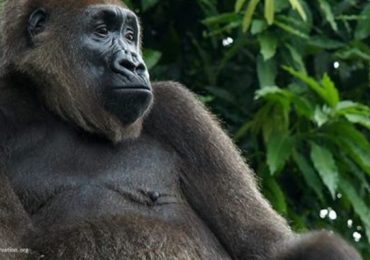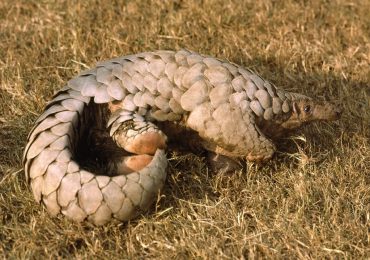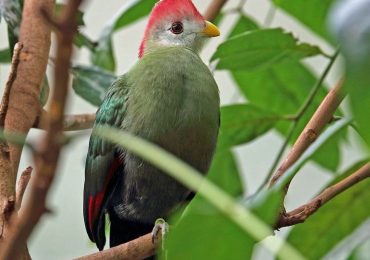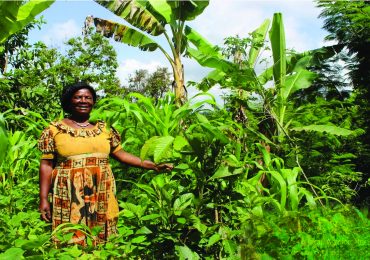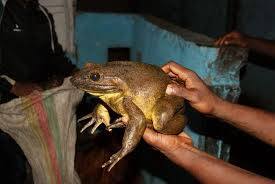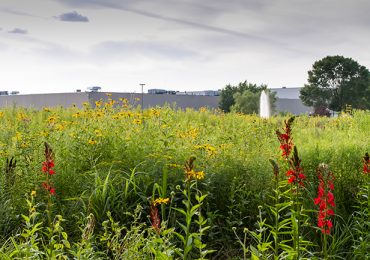Lately, Biodiversity in Cameroon has been in deep crisis, with an increase of illegal hunting, deforestation, unsustainable exploitation of natural resources and forest clearance for agriculture and the search for living space by both the internally displaced persons and refugees seeking peace and shelter on Cameroonian soil. Cameroon biodiversity is declining at an alarming rate and will undoubtedly have impending consequences in Cameroon and the world.
Biodiversity is very important to the well-being of our planet. Most cultures, at least at some time, have recognized the importance of conserving natural resources. Many still do, but many do not. Biodiversity is the amount of variety of life on Earth. It is the number of different species of plants, animals, and microorganisms. It includes organisms from Earth’s vastly different ecosystems, including rainforests, freshwater, mangroves, marine, grasslands, desert, tundra, and polar ice caps.
Cameroon is endowed with a rich heritage of biodiversity and biological resources. The volcanic soils of the South West and Littoral regions and the maritime influence account for luxuriant vegetations which harbour highly diversified flora and fauna and support considerable agricultural, forestry and fishing activities. The beauty of the wildlife and landscape of the north and extreme north regions are of high touristic value. The rich fauna and flora of the aquatic and tropical forests of the Centre, South and East plateau is an intact large mass for carbon sink and attracts the wood industry. From its rich natural heritage, Cameroon ranks fourth in floral diversity and fifth in faunal diversity within the African continent. Its diverse ecosystems are further representative of 92% of Africa’s ecosystems resulting in the reference to Cameroon as Africa in miniature.
Healthy ecosystems and rich biodiversity: increases ecosystem productivity; support a larger number of plant species and, therefore, a greater variety of crops, promote soils formation and protection, provide for nutrient storage and recycling, contribute to climate stability, speed recovery from natural disasters, provide more food resources, provide more medicinal resources and offer environments for recreation and tourism. Genetic diversity increases species resilience and adaptability to changing environmental conditions with opportunities for food security, medicine and development of industry while ecosystems in which biodiversity constantly interacts, offer provisioning services of carbon sequestration, plant pollination, watershed protection, enrichment and maintenance of soil fertility, breakdown of waste and pollutants which are essential for human survival.
Despite the rich heritage of biodiversity and biological resources on the national territory and the benefit to human wellbeing and the environment, Cameroon biodiversity is declining at an alarming rate due multiple causes from human origin. Understanding these causes and the arising consequences is a prerequisite for conservation.
The causes of biodiversity loss in Cameroon include forest clearance for agriculture, unsustainable exploitation of natural resources which include logging of timber, collection of non-timber forest products, overfishing, bush meat harvesting and illegal wildlife trade. Other causes include pollution, mining, Human-induced Bushfires and introduction of invasive species. There is growing concern about the consequences of biodiversity loss. Biodiversity loss affect ecosystem functioning and significant disruptions of ecosystems can result in life sustaining ecosystem goods and services.
Biodiversity loss also means that we are losing many of nature’s chemicals and genes, of the kind that have already provided humankind with enormous health benefits. Biodiversity loss also leads to climate change and variability, such as extreme weather events (ie drought, flooding) that directly influence ecosystem health and the productivity and availability of ecosystem goods and services for human use.
In order to mitigate these causes to biodiversity loss and prevent the consequences of losing our rich natural heritage, the Environment and Rural Development Foundation (ERuDeF) is inviting us to participate in biodiversity conservation by increasing our knowledge of environmental issues, increasing our awareness of the impacts of biodiversity loss, and increasing support for government policies and actions that conserve our valuable ecosystems. We can also become educators and role models as stewards of the environment by aiding in the recovery of species at risk and preventing other species from becoming at risk.



